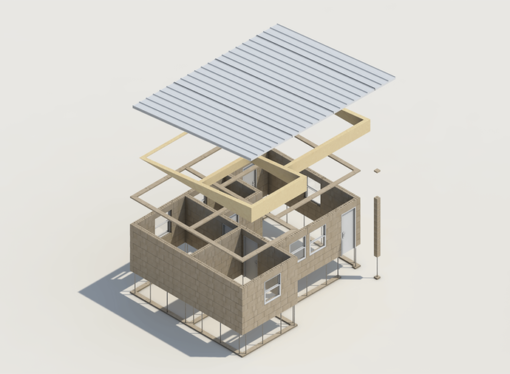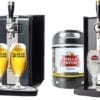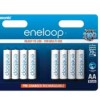When warm moist air (often found in bathrooms, kitchens etc) comes into contact with cold surfaces (e.g. glass/tiles) small water droplets are formed on the surface; this is known as condensation.
Condensation itself isn’t a major problem but over time it’s important to take action to prevent it as it can lead to mould growth, which can pose serious health risks and create damp damage which can lead to peeling wallpaper/paint, deteriorating curtains, black marks and a musty environment.
Fortunately, there are a few cheap and easy ways to reduce condensation inside your home. For example, you can open doors and windows to allow for better ventilation, use dehumidifiers, hydrophobic coatings, a window vac or use a fan to circulate air, by taking these simple steps, you can help to keep your home healthy and condensation-free, a full list of options is below and they vary in price and faff level.
Some other available solutions:
- Opening your windows slightly after showers/baths/lots of cooking or in the morning for a few hours. This can largely remove the majority of the issues but the downside is that it lets cold air in and warm air out which during winter isn’t ideal for your heating bills.
- RainX or RainX Fog for the windows/shower etc to stop condensation forming (this is decent but it will likely just move the problem away from the windows to elsewhere)
- Window Vac – These suck up the water into a handheld device which you can then pour down the sink or water your plants with (fairly quick solution and better than opening windows to let cold air in but a bit of a faff having to do each day)
- Moisture Absorber – These suck up the water using a refillable 450G damp absorber (cheap to buy but a bit like printers you’re then forced to buy expensive refills)
- Install a bathroom extraction fan (likely you will need a builder for this sort of thing)
- Small Dehumidifiers – These suck up the water out of the air with electricity and don’t require refilling with any absorbers; for most households these are perfect.
- Large Dehumidifiers – These are the same as the smaller ones but have more capacity (By far the easiest solution with less unfilling but if the size is a problem this may be too big)
- Keep the lids on your pans when cooking; this will reduce the amount of water that goes into the air.
- Leave the extractor fan on for 10+ minutes after cooking, showering etc.
- Close the doors to rooms like the kitchen and bathroom especially when cooking/bathing etc
- Try and dry any clothes outside (yes you can dry clothes in autumn/winter outside); failing that dry clothes indoors but shut that room off from the rest of the house and open the window in that room only.
- Ensure any dryers, washing machines, or extractor fan venting is properly installed and free from debris / kinks etc
- Ensure you don’t have lots of furniture touching your walls, this can promote mould as there could be a lack of air circulation
- Ensure your heating is working properly
- Make sure you have a decent level of loft insulation
- Cover up fish tanks
- Ensure any indoor plants aren’t too close to windows/walls
- Salt – Placing a plate of salt on the side can supposedly offer similar results to the Moisture Absorbers but we’re yet to try this
If you don’t have any of these items on hand, you can also try wiping the condensation away with a cloth or paper towel. Another popular method is to place a towel or piece of cloth over the window overnight. This will help to absorb the moisture and prevent condensation from forming.
Finally, if you’re still having trouble with condensation, you may want to consider replacing your windows. If your windows are old or drafty, they may be letting in too much moisture. Replacing your windows can help to reduce the amount of condensation that forms and can also help to improve the overall energy efficiency of your house.































